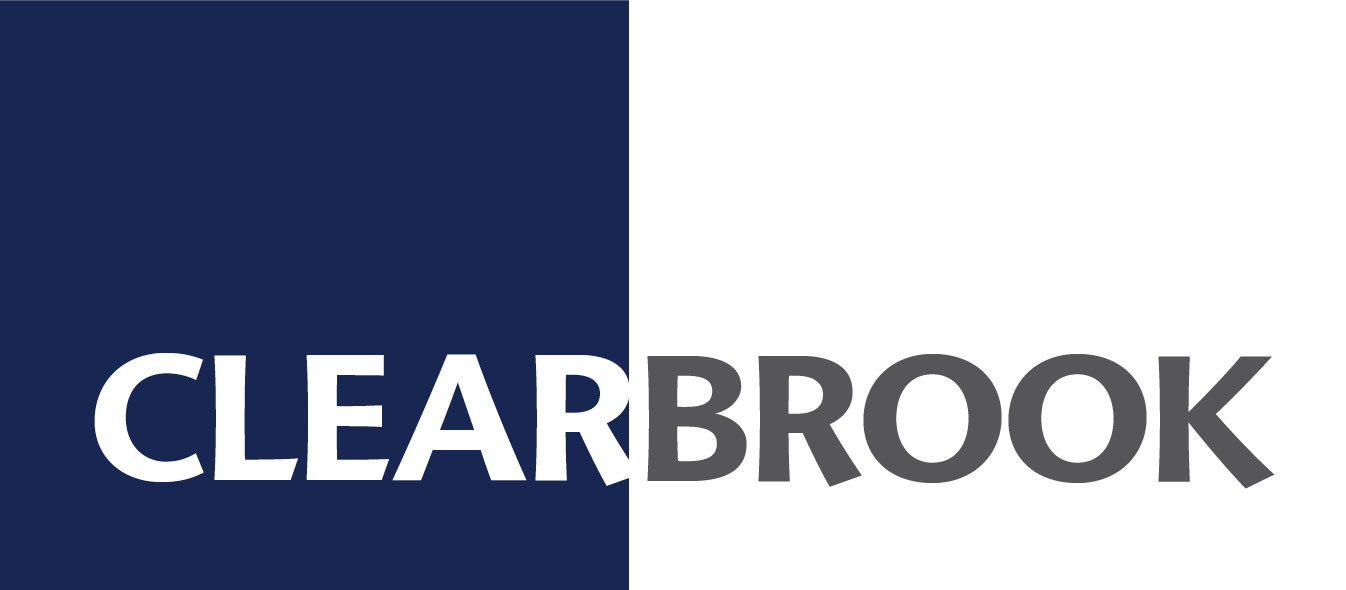Credit-focused hedge funds are still fundraising and seeing demand as the COVID-19 induced pandemic pushes into its seventh month — potentially creating even more stressed and distressed opportunities on the horizon, industry watchers say.
“[The opportunity set] has gotten richer and is going that way, there is no question,” says Rob Christian, co-head of investment research and management at K2 Advisors. “The catalyst was COVID and the economic shutdown, which caused a dislocation. It has gone on for much longer than most people thought.”
Investors are recognizing that they do have more time after equity markets came roaring back, says John Jackson, global leader of diversifying alternatives research at Mercer. But there is still uncertainty around COVID-related impact on sectors such as retail, travel, leisure, and commercial real estate, he says.
“The demand is still there,” he says. “The interest is still there, and clients are still actively engaging on stressed and distressed credit. But I think they are taking their time more.”
Jackson says he expects to see more commitments in the next three to six months from investors. Mercer has added two new credit managers this year, including an Asia stress/distressed credit manager and a U.S. long/short across-the-cycle credit manager, he added.
Funds focused on fixed income and credit saw big outflows during the second quarter, just over $9 billion, during the height of the pandemic downturn, but then saw inflows of approximately $3.7 billion during the third quarter, according to data from eVestment. That brought the year to date tally for credit funds to $6.3 billion in net outflows.
Credit focused hedge funds have been launching with 30 coming online during the second quarter, 14 during the third quarter and two so far during the final quarter of the year, according to Preqin.
Some hedge fund and private equity credit managers have been raising capital since the early days of the pandemic, including Marathon Asset Management, Varde Partners and Angelo Gordon, the Financial Times reported. In the latest move, Canyon Partners has raised $170 million for a vehicle targeting securitized credit, Bloomberg reported last week.
The current environment is favoring larger, established managers with teams deep enough to source deals, says Tim Ng, CIO at consultancy Clearbrook LLC.
“There is a bias to the larger managers – the $5 billion, $10 billion, $20 billion managers who have the expertise and the ability to do the assessment of asset values,” he says. “In this environment, it would be tough for a new fund to launch. In terms of raising the capital, it would be very, very difficult.”
The $12.7 billion New Mexico Educational Retirement Board made several commitments to the credit space earlier this year, including $75 million to an opportunistic credit strategy from Beach Point Capital Management focusing on distressed debt, special situations, and private equity and $100 million to Vista Equity Partners for an opportunistic credit strategy, sister publication MandateWire first reported in August.
“There are countless opportunities to invest in distressed debt in the current environment, and this is an opportunity to take advantage of that without having to deal with new managers that the [New Mexico] ERB is unfamiliar with,” NEPC partner Allan Martin told MandateWire at the time regarding the board’s investments.
Plenty of uncertainty remains with an upcoming presidential election and how the next tranche of a federal economic stimulus program will play out. For K2 Advisors, the preference is to work with “flexible” managers that can go long and short and move into special situations and distressed, Christian says.
“On top of COVID and a recovery, and you throw in some election geopolitical activity and regulatory questions as well, the opportunity set is rich and I think next year, 2021, could be even richer,” he says.
Contact the reporter on this story at ltomkiw@fundfire.com or 212-542-1278.

